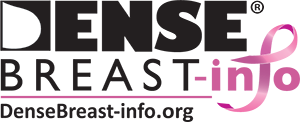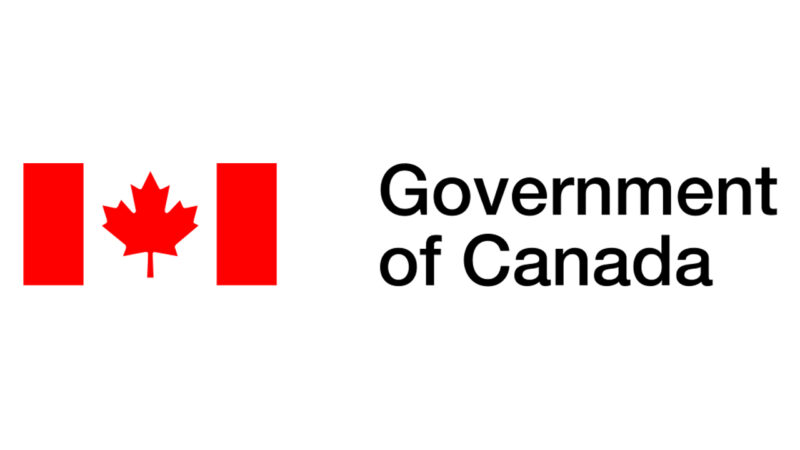Canadian Task Force Guidelines, Of Interest
Canada
The Canadian Task Force, Canada’s source of evidence-based clinical prevention guidelines for primary care providers, just announced it is “fast tracking” updates to their 2018 breast cancer screening guideline. Draft recommendations are due in late fall 2023.
Of Interest
- Radiology: In a study published in Radiology, Comparison of Mammography AI Algorithms with a Clinical Risk Model for 5-year Breast Cancer Risk Prediction, of 13,628 normal mammograms from 2016, any of five AI algorithms performed better than the BCSC model at identifying the 193 women who would develop breast cancer within the next five years, but at the individual level, only 63-67% of women who developed cancer were identified with AI, compared to 61% with BCSC model.
- European Radiology: A multi-reader study, Can incorrect artificial intelligence (AI) results impact radiologists, and if so, what can we do about it? A multi‐reader pilot study of lung cancer detection with chest radiography, detailed when AI is wrong, radiologists make more errors than they would have without AI. Based on human factors psychology, the publication provides “evidence for two AI implementation strategies that reduce the deleterious effects of incorrect AI.”
- JAMA: New study published, Longitudinal Analysis of Change in Mammographic Density in Each Breast and Its Association With Breast Cancer Risk, found that over a 10-year period, breasts that later developed cancer had significantly slower decline in density compared to the woman’s other breast.
- Cureus: A recent editorial raises the issue of the cancer “miss” rate in dense breasts, which isn’t considered in risk model estimates. The authors suggest, “The stage is set for new MRI screening guidelines, this time based on individualized density levels that predict the potential benefit of MRI, along with risk stratification that optimizes cancer detection rates.” Read, Breast Density Should Play a Greater Role in MRI Screening Guidelines.

